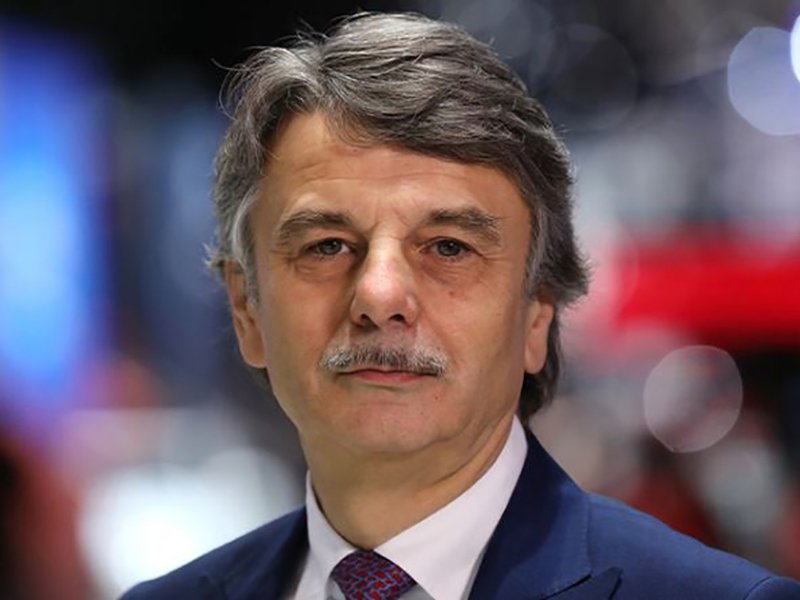
LONDON — Jaguar Land Rover CEO Ralf Speth will retire from his position in September, JLR parent Tata Motors said.
Tata has formed a search committee to identify Speth’s successor, the company said on Thursday in an announcement to the National Stock Exchange of India.
Tanker giant Maersk’s former CEO, Hanne Sorensena, has been suggested as a possible replacement to Speth, the Financial Times reported.
Speth, who turns 65 in September, has led JLR since 2010. During his tenure the UK automaker pursued a major global expansion with new factories in China, Brazil and Slovakia putting it on course to build a 1 million cars a year.
JLR sales ended last year at just over 550,000 vehicles, down 6 percent, as the automaker was slower than some rivals in electrifying its line-up while large drops in diesel demand and a slump in China hit its performance.
The company has bounced back in China in recent months and its global vehicle sales rose by 1.3 percent in December.
Speth will become JLR’s non-executive vice chairman and will remain on the board of Tata Sons, the holding company of Tata Motors, Tata Sons Chairman N Chandrasekaran said in the stock exchange filing.
Speth started his automotive career in 1980 with BMW and spent 20 years with the automaker. From 2000-2002 he worked at Ford’s Premier Automotive Group, which formerly included the Jaguar and Land Rover brands. Tata hired him to run JLR after the India-based company bought the UK automaker from Ford Motor.
JLR was spectacularly profitable under Speth, recording double digit margins from 2011-2015. In 2015 the company had a 14 percent profit margin as a booming Chinese market snapped up Range Rovers.
JLR’s growth model came unstuck however as the Chinese market cooled. JLR posted a 3.6 billion pound ($4.5 billion) loss for the financial year ending March 2019. The company has since returned to profitability.
As the push to electrification stretches investment budgets, JLR has had to lean more heavily on industrial partner BMW to secure future supply of engines and electric drive units.
In January 2019 the company said it was cutting 4,500 out of 42,500 workforce, following a slowdown in China and a slump in demand for its diesel-powered vehicles.
Earlier this month, the automaker said it will cut around 10 percent of the workforce at its Halewood factory in England as it changes shift patterns to boost efficiency at the site.
Reuters contributed to this report